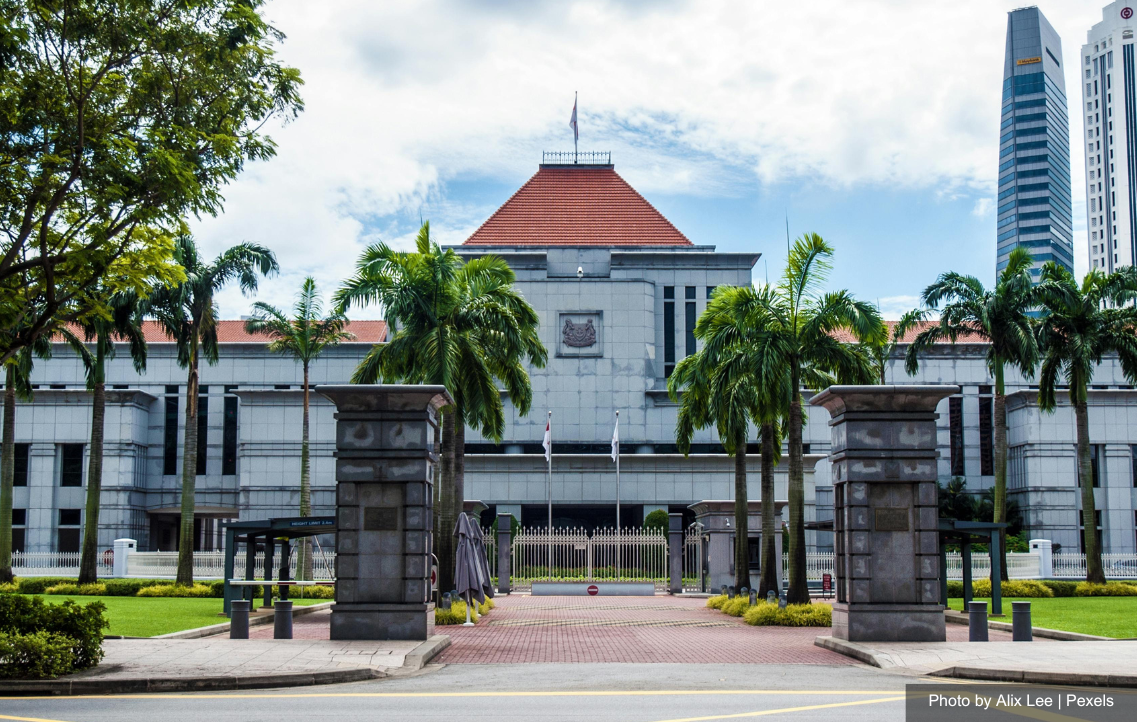
As Singapore enters a new phase of political leadership under Prime Minister Lawrence Wong, all eyes are on the anticipated Cabinet reshuffle that follows the General Election (GE). This reshuffle, long hinted at by PM Wong, will mark his first major recalibration of the nation’s leadership team and could significantly shape Singapore’s policy direction and governance in the years ahead.
After assuming office in May 2024, PM Wong indicated he would make only minor Cabinet adjustments until after the GE. True to his word, the earlier changes were limited. Now, with several senior Cabinet members stepping down—including Deputy Prime Minister Heng Swee Keat, Senior Minister Teo Chee Hean, Dr Ng Eng Hen, and Dr Maliki Osman—a window has opened for 4G leaders to step into even more prominent roles and for fresh talent to be inducted into the political leadership.
Among those mentioned as potential new political office holders during the GE were Mr Jeffrey Siow, Dr Syed Harun Alhabsyi, and Ms Goh Hanyan. To this list, one might add Mr Dinesh Vasu Dash, and Mr David Neo and Ms Jasmin Lau—a strong crop of capable individuals, many formerly senior members of the public service and the Singapore Armed Forces (SAF), ready to contribute across various ministries.
A pressing decision will be the appointment of a new Minister for Defence. While many current PAP MPs and MPs-elect possess relevant experience, a candidate with some distance from service in the SAF might be preferable. Mr Chan Chun Sing could be a suitable pick for this key portfolio since he stepped down as Chief of Army a good 14 years ago to contest in the 2011 GE.
Speculation also surrounds the future of Minister for Home Affairs and Law, Mr K Shanmugam. He may transition into a Senior Minister role, potentially taking on Coordinating Minister duties for Security as well.
Another position in flux is the Minister for Finance. If PM Wong relinquishes the portfolio, Second Minister Chee Hong Tat may be poised to take over, which in turn would create a vacancy at the Ministry of Transport. However, PM Wong may also choose to follow the paths of his predecessor, Mr Lee Hsien Loong, who helmed the Finance portfolio for an additional three years after taking over as prime minister.
Among the current 4G leaders who might be elevated are Ms Low Yen Ling—should she step down as Mayor— as well as Mr Alvin Tan and Ms Rahayu Mahzam. Their advancement would signal continuity and depth in the 4G team.
The Ministries of Health and National Development, both sites of major policy reforms, might see their current ministers retained a bit longer to ensure the smooth execution of recent initiatives.
However, Mr Desmond Lee, who has helmed the latter, is among those who are in their 40s like Mr Tan and Ms Rahayu, and may be rotated for wider exposure to the business of government.
One intriguing question is whether PM Wong will appoint a second Deputy Prime Minister—and whether that person might be a woman. Such a move would symbolically affirm the leadership role women now play across all sectors of Singaporean society.
Ultimately, PM Wong has prepared the public for a bold reshaping of the Cabinet. With strong new talent and a loyal inner circle of roughly ten core leaders, he is likely to forge a team committed to manage government efficiently, honestly, with lots of heart as well.
They will need to believe in and want to bring about the people-oriented, socially-minded Forward Singapore agenda that bears his imprimatur too. They will need to have an empathic and generous view of the concerns of the public but also be comfortable operating in a more demanding political and policy landscape.
This, as the political opposition is becoming more forceful in holding the government to account for its action, and as civil society increasingly asserts its role to transforming Singapore into a more progressive society.
Netizens are now quick to react to any hint of condescension or patronising behaviour. Younger citizens, especially, who have had the benefit of Singapore’s world-class education system which has effectively fostered critical minds and problem-solving capabilities, are ready to be spoken to as equals. They are hungry for deeper engagement and to play a more active role in policymaking alongside their elected representatives.
In this regard, the inclusion of people the likes of David Hoe and Cai Yinzhou for the People’s Action Party, with their backgrounds as civic activists, and a good number of younger Workers’ Party politicians in the House, will surely keep our MPs grounded.
As Singapore looks beyond SG60, leaders who ignore the public’s demand for voice and transparency risk falling behind the arc of history. This reshuffle offers PM Wong a defining opportunity to set the tone for a new era of responsive and even transformative governance.
Top photo from Pexels
